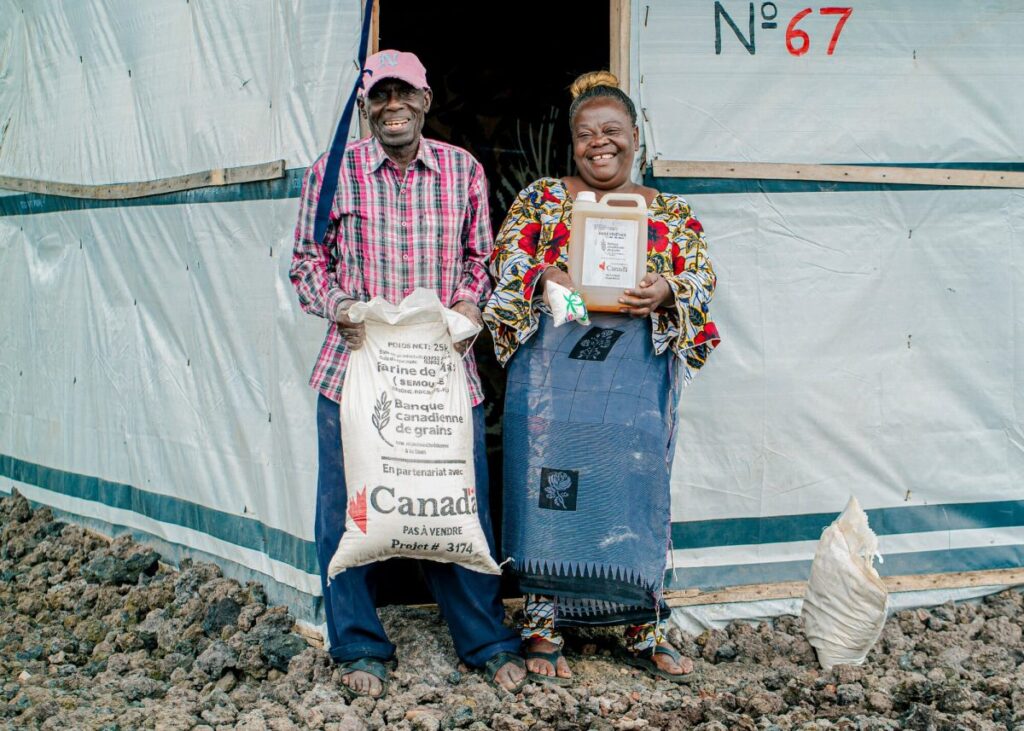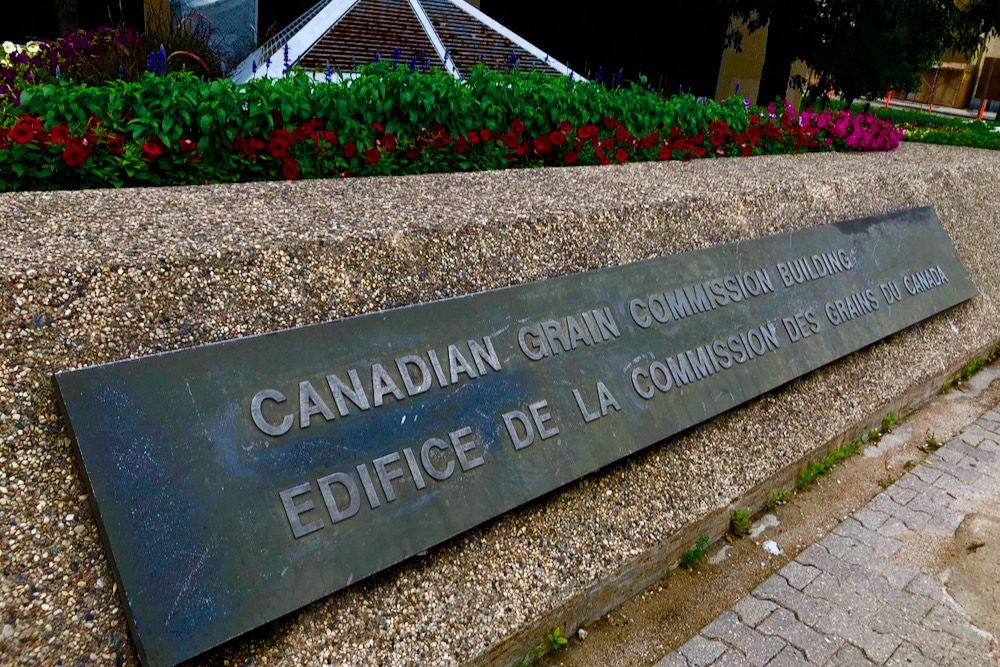Canadian Foodgrains Bank calls for supporters to advocate for international aid funding

Glacier FarmMedia—In face of U.S. foreign aid funding cuts that are devastating humanitarian groups, Canada can’t back down from its commitments to help the hungry says the Canadian Foodgrains Bank.
“Cutting aid in the way it’s been cut is going to cost tens of thousands of lives,” said Andy Harrington, executive director of the Canadian Foodgrains Bank.
The U.S. government, in the early days of the Trump administration, put a 90-day freeze on funding for the U.S. Agency for International Development — the agency responsible for foreign aid, including funding humanitarian organizations.
Read Also

Former assistant commissioner claims harassment at Canadian Grain Commission
A former assistant chief commissioner of the Canadian Grain Commission has written a blog post claiming she was subjected to interference and harassment during her time at the agency.
While the U.S. State Department has given waivers to some groups for “lifesaving” humanitarian work, some organizations have said federal funding hasn’t arrived for exempted projects, the Associated Press reported on Feb. 12.
Faith-based humanitarian groups like Catholic Relief Services have told staff to expect “drastic reductions in their workforce,” the Associated Press report said. USAID funded nearly half of that organization’s US$1.2 billion budget.
The U.S. is the largest single aid donor worldwide, according to the United Nations, giving US$72 billion in aid in 2023.
The Canadian Foodgrains Bank is a Christian relief and development agency originally established by farmers. It does not receive funding from USAID, said Harrington. However, it partners with organizations that do. Some of those groups are now ending programs and laying off staff.
The Canadian Foodgrains Bank is assessing how it might be able to fill gaps that open in its programs — such as when a partner organization can’t pay a staff salary. However, they can’t compensate for the withdrawal of billions in funding from the humanitarian ecosystem.
The recent weakening of the Canadian dollar has also reduced the Foodgrains Bank’s buying power as much aid spending is done in American dollars.
“You’re going to see massive, massive impacts,” said Harrington. “It’s not just going to be in the short term on humanitarian assistance, emergency assistance, urgent health programs, food security. It’s going to be in the longer-term impacts that you’re going to see across longer-term development programs as well.”
“What we can do will be a drop in the bucket, to be honest, but we do want to keep our programs running.”
Canadian cuts?
Earlier this month, federal Conservative leader Pierre Poilievre said that, if elected later this year, he will cut “wasteful foreign aid” and would not allow funding to go to “dictators, terrorists and multinational bureaucracies,” the Canadian Press reported. Poilievre signaled he would divert those funds towards defense spending.
Canada in 2023 spent US$7.97 billion on international aid, according to the Organization for Economic Co-operation and Development (OECD) statistics. This was 0.37 per cent of Canada’s gross national income. $1.5 billion supported refugees, asylum seekers and Ukrainians fleeing war during their first year in Canada, the Globe and Mail reported.
Harrington said many in the humanitarian community are concerned that people don’t understand how aid funding works.
“We don’t work through governments. Our money goes directly to our partners on the ground and local communities,” he said.
That’s not to say that there isn’t waste within the system, Harrington said. However, groups like his are subject to regular audits, monitoring and evaluation.
International aid also contributes to Canada’s influence around the world.
“It’s good to go around the world and see Canadian flags flying over great development projects that (local) people are extremely proud of,” said Harrington.
A call for advocacy
If supporters want to help, Harrington said they can contact their members of Parliament to tell them that Canadian aid and the work the Canadian Foodgrains Bank does is important — that it impacts nearly a million people per year and sees great results.
“In a backdrop where many voices are trying to tell us the aid doesn’t work, we’re telling you that it does, and we have the statistics, the facts.”
He also encouraged people to continue to do what they’re doing — praying, giving, learning and advocating.
“You’re making a difference, and it’s saving lives,” Harrington said.
Source: Farmtario.com

